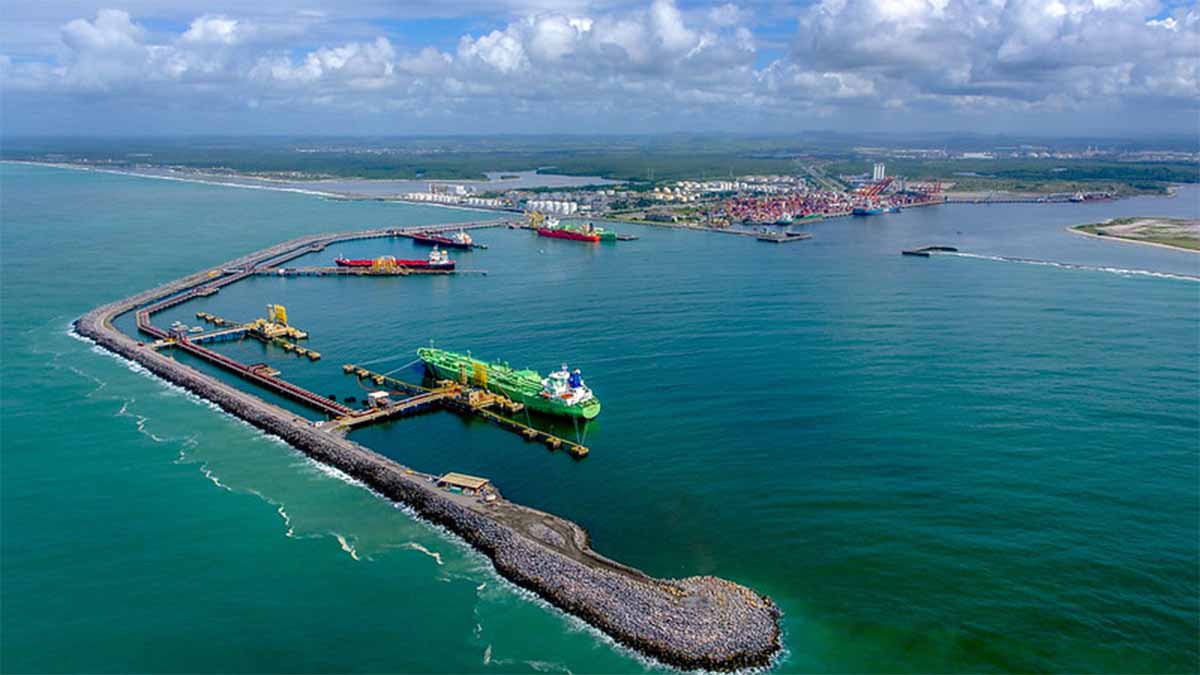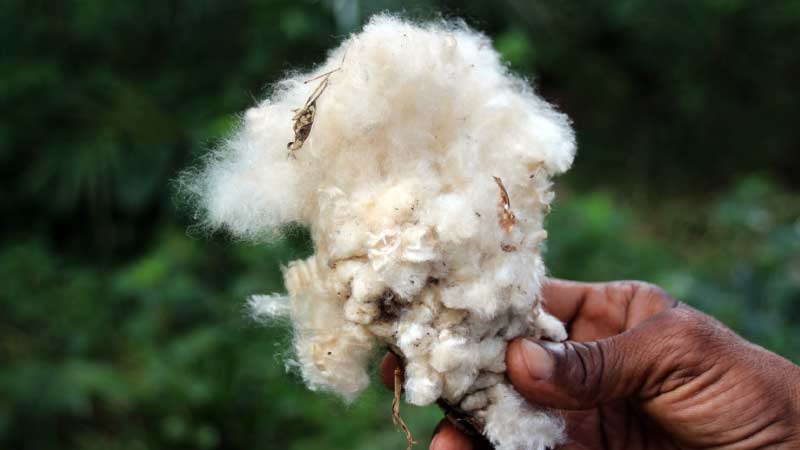
The UN Trade and Development (UNCTAD) organized a workshop on the Economic Complexity Study for the Suape Industrial Port Complex in Pernambuco (Brazil) from 23 July to 24 July 2024. The workshop discussed the main findings and practical steps towards export diversification with industry experts.
Following the launch of the first-ever Economic Complexity Study in March 2024, in collaboration with SUAPE and SENAI, the UN Trade and Development has identified 1,789 products with diversification potential across 86 sectors. Using cutting-edge economic complexity methodology, this analysis taps into the port's existing capacities and export activities to unveil new opportunities.
The analysis yielded a list of potential diversification products with above-average economic complexity that could be targeted based on the existing capabilities in the Port of Suape. From this analysis, the initial list was restricted to the top twenty sectors and 1,090 products, capturing 85.5 % of the total export opportunities. Subsequently, a more manageable list of 11 sectors was selected. To advance economic development in the region, the feasibility of producing the identified products in Pernambuco was validated with the support of industry specialists.
The workshop gathered detailed information on the feasibility of production, subject to criteria related to production processes, infrastructure needs, sustainability, innovation, and potential uses in other industries. Given the objective to expand the productive capacity of the Port of Suape, participants were asked to assess the availability of capital inputs and human resources in Pernambuco (or Brazil, and if not elsewhere in the world). This information aims to prioritise the identified products effectively.
During the workshop, following presentations by SENAI and UNCTAD, smaller groups were organised, matching companies with SENAI industry experts to assess the feasibility of specific set of products according to the company’s knowledge and area of operation.
The workshop enabled companies already installed in Suape to better understand the possibilities of innovation in the production chain, both in a way to improve and innovate, as well as to reach new international markets.
And for Suape, it brought information on how to attract businesses that can complement the production chains that already exist in the Suape complex.
UN Trade and Development (UNCTAD) plans to take this experience of the project on economic complexity in Pernambuco and share it with other commodity-dependent developing countries to help them diversify their economies.
Related
Topic
 Commodities
Commodities
Contact
Commodities Branch: commodities@unctad.org



